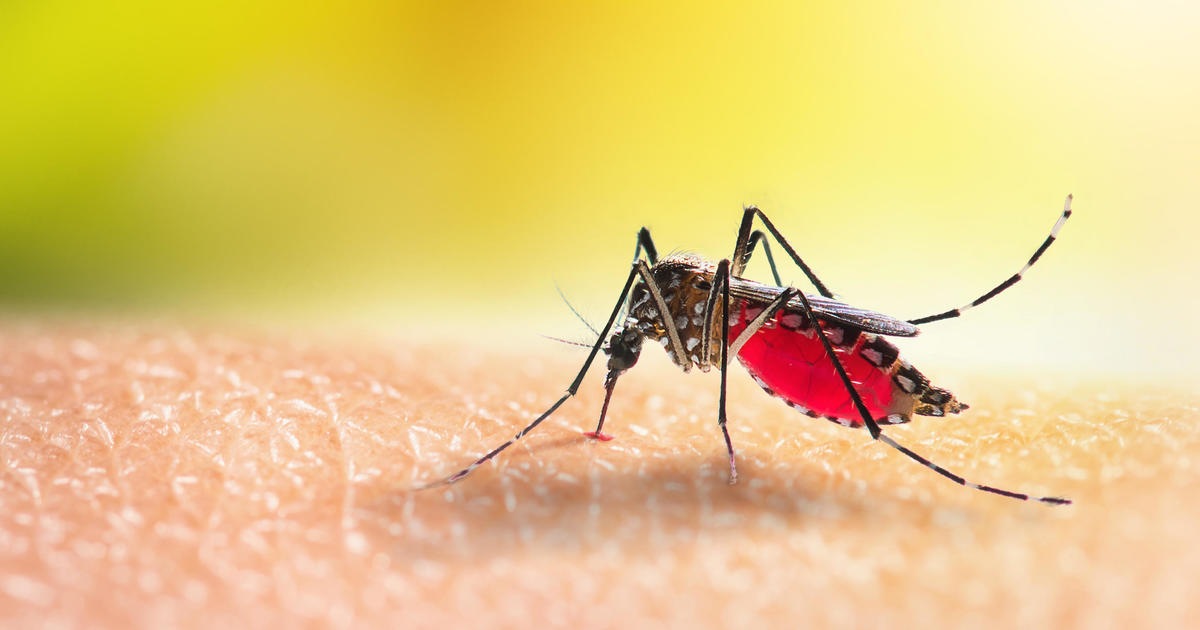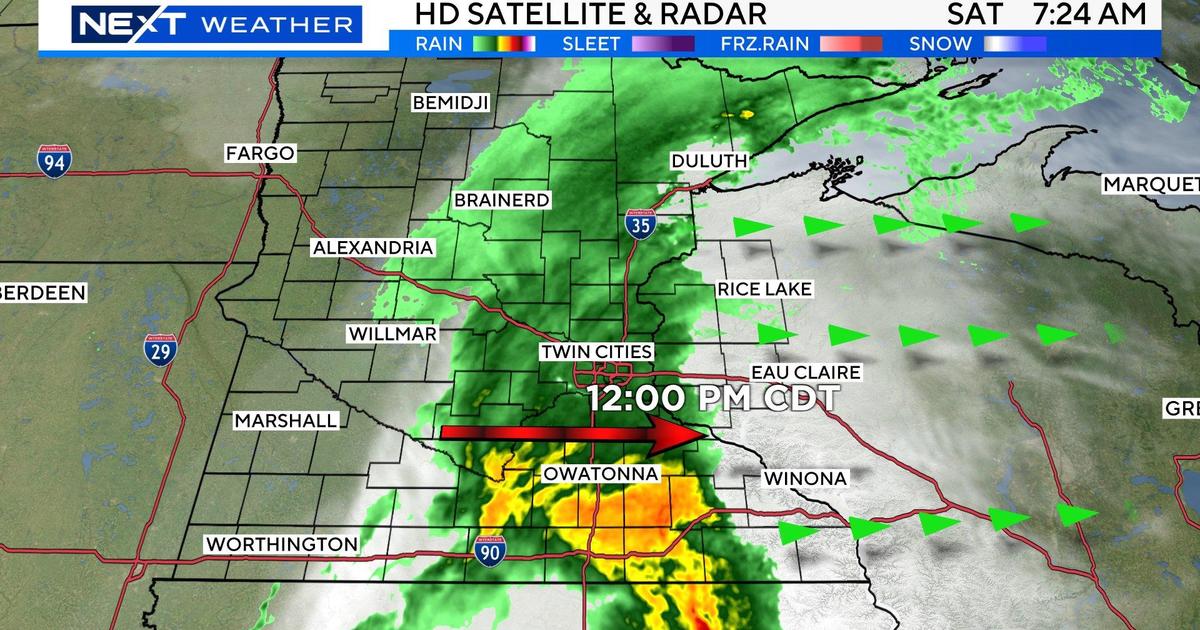Fried Sea Scallops Recipe From The 'School Of Fish' Cookbook
 Photo Courtesy of Simon & Schuster
Photo Courtesy of Simon & SchusterA native of New Jersey and father of three, Ben Pollinger graduated from Boston University and the Culinary Institute of America. He has worked with world-renowned Chefs such as Alain Ducasse, Christian Delouvrier, Michael Romano, and Chef Floyd Cardoz at Tabla. He has been the Executive Chef at the Michelin started restaurant Oceana since 2006. His debut cookbook, School of Fish, is out now from sister company Simon & Schuster and available wherever books are sold.
Winter is coming, and along with sweaters and snow, scallop season is approaching. This crisp, light breadcrumb coated recipe from Ben Pollinger, Executive Chef at the Michelin started restaurant Oceana and author of the new cookbook, School of Fish, is perfect for these winter-harvested delicacies. These scallops should be cooked in two batches but they may be breaded all at once. Serve with lemon and tartar sauce for the perfect treat that softens the harsh winter cold.
Related: Crab-Stuffed Roasted Lobster Recipe For The Holidays
 Photo Courtesy of Simon & Schuster
Photo Courtesy of Simon & SchusterFried Sea Scallops
Serves 4 as an entrée.
Ingredients
- 3 quarts canola oil or as needed for frying
- 1 ½ pound large (U15) sea scallops (about 20), tough white side muscles removed
- fine sea salt and freshly ground black pepper
- 1/3 cup all-purpose flour
- 2 large eggs
- 1 cup dried breadcrumbs
- tartar sauce, or any mayonnaise based sauce, for serving
- lemon wedges, for serving
Instructions
- In a large, deep pot, heat the canola oil over medium-high heat until it registers 330 degrees Fahrenheit on a deep-fry thermometer. Line a baking dish with a double layer of paper towels and place it near the stove.
- While the oil is heating, in another baking dish, season the scallops on both sides with salt and pepper.
- Place the flour in a shallow bowl, deep plate, or baking dish on the counter. In a shallow bowl, whisk the eggs with a fork; set the eggs next to the flour. Place the breadcrumbs next to the egg in another shallow bowl, deep plate, or baking dish. Place a baking sheet next to the breadcrumbs to hold the breaded scallops.
- Toss two of the scallops in the flout to coat. Shake off the excess with one hand and drop them into the egg. Toss with your other hand to coat the scallops with egg. Remove the scallops with your messy hand and place them in the breadcrumbs. Use your dry hand to coat them with the breadcrumbs and remove them to the baking sheet, placing the scallops in a single layer. Continue to coat all of the scallops.
- When the oil reaches 330 degrees Fahrenheit, carefully place half of the scallops in the oil one by one, holding the scallops close to the oil and dropping them gently. After about 30 seconds, move the scallops around gently with a slotted spoon to prevent them from sticking to one another. Continue frying, taking the temperature of the oil and adjusting the heat as needed, until the scallops are golden brown and a cake tester inserted into the scallops feels warm but not hot when placed below your lip, about 2 minutes total. Smaller scallops will cook faster. Start testing them after 1 ½ minutes. Remove to the paper towel-lined baking dish and toss gently.
- Serve immediately with the tarter sauce and lemon wedges.
Related: How to Pass The Time While Fishing
A native of New Jersey and father of three, Ben Pollinger graduated from Boston University and the Culinary Institute of America. He has worked with world-renowned Chefs such as Alain Ducasse, Christian Delouvrier, Michael Romano, and Chef Floyd Cardoz at Tabla. He has been the Executive Chef at the Michelin started restaurant Oceana since 2006. His debut cookbook, School of Fish, is out now from sister company Simon & Schuster and available wherever books are sold.



